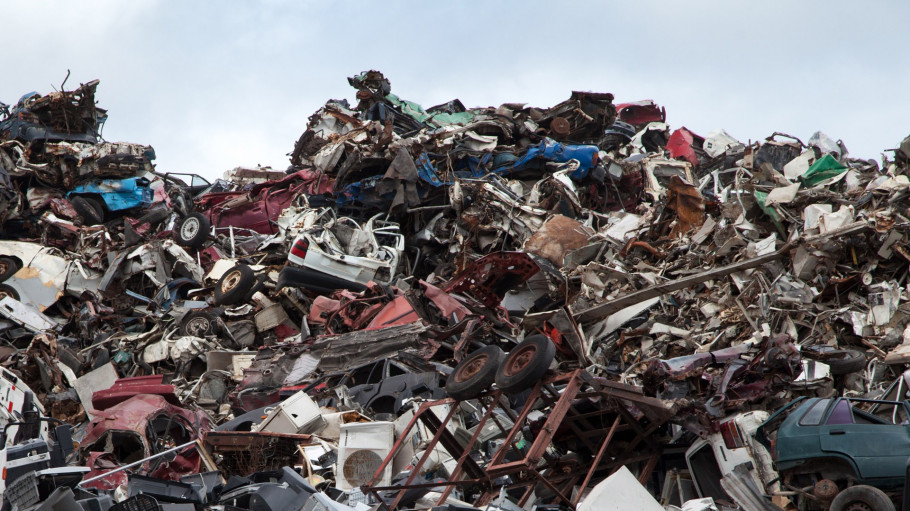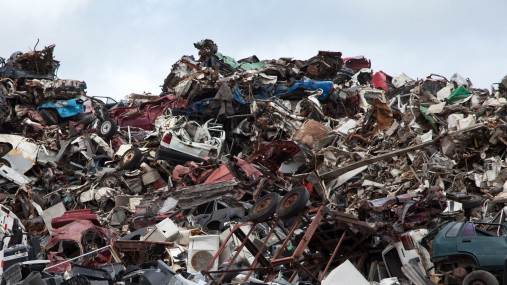
Publications » Reference documents » Input for the consultation on the new circular economy action plan
Input for the consultation on the new circular economy action plan
Downloads and links
Recent updates

Steel is one of the most recycled materials in the world, playing a vital role as an enabler for transitioning to a CO2 neutral and circular economy. It is possible to recycle steel multiple times into same quality or even better quality steel, a permanent material. Steel inherent properties make it more versatile, durable and even separable than other materials. Thus, steel is a material permanently available to society, a “permanent material”.
However, notwithstanding the previous EU action plan on circular economy, there are still barriers which limit the contribution of the steel sector to the EU transition towards a circular economy. In the following paragraphs, EUROFER summarises its suggestions and proposals on how to support the initiatives contained in the roadmap and how to achieve the goals without hampering the industrial transition.

Download this publication or visit associated links
Brussels, 20 February 2026 – EU steel exports to the United States fell by 30% in the second half of 2025 compared to the same period in 2024, after the imposition of 50% tariffs according to new Eurostat data. The expansion of the U.S. tariff regime to include downstream steel-intensive products, such as machinery and equipment, is expected to amplify its impact on both EU steel producers and their customers. The European Steel Association (EUROFER) said the figures underscore the need for any EU-US trade agreement to be fair, balanced and enforceable.
Joint Industry Statement
Brussels, 11 February 2026 - The European Steel Association (EUROFER) has backed a call to action adopted by European companies and industries in Antwerp today, which includes a demand on the EU to take urgent action to bring electricity prices down as a condition for Europe’s industrial drive, competitiveness and economic resilience.